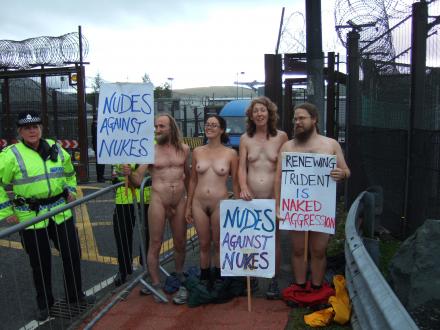- Joined
- Jan 3, 2019
- Messages
- 1,007
- Points
- 113
Will Singapore warm up to nuclear energy to combat climate change? https://www.scmp.com/week-asia/economics/article/3019393/will-singapore-warm-nuclear-energy-combat-climate-change
Eight years since the Fukushima nuclear disaster triggered a global rethink on energy policy, signs have emerged that Singapore may be warming back up to the power source.
Pro-nuclear chatter in the city state was spurred last month when Ho Ching – the chief executive of Singapore state investment fund Temasek Holdings, who is married to Prime Minister Lee Hsien Loong – published a lengthy Facebook post expressing support for the power source.
“Overall, for a greener earth and to reduce carbon emissions, we must master and adopt nuclear energy as a key solution. For now, it is better [that] developed and more capable nations step up their nuclear power capacity,” she said.
“This will reduce the demand for fossil fuels, and lower the overall carbon emissions.”
Ho’s post came attached to a Bloomberg opinion piece that criticised Germany’s decision to phase out all nuclear power by 2022 – 16 years ahead of coal in 2038. It was a telling sign that Singapore, which has declared twice in the past 12 years that nuclear power is unsuitable, may be changing its tune towards nuclear power. And it’s not alone.
Singapore’s interest in nuclear energy has ebbed and flowed over the years due to one reason: safety.
In 2007, Prime Minister Lee said nuclear energy was not a feasible alternative energy source because there was simply not enough land to build plants with the necessary 30km safety radius. But three years later, he said the country needed to be prepared for the day it does become necessary and feasible, maybe even in his lifetime.
But interest waned again in 2012 – a year after the Fukushima nuclear disaster – when a two-year pre-feasibility study concluded that present nuclear energy technology was not yet suitable for Singapore.
Eight years since the Fukushima nuclear disaster triggered a global rethink on energy policy, signs have emerged that Singapore may be warming back up to the power source.
Pro-nuclear chatter in the city state was spurred last month when Ho Ching – the chief executive of Singapore state investment fund Temasek Holdings, who is married to Prime Minister Lee Hsien Loong – published a lengthy Facebook post expressing support for the power source.
“Overall, for a greener earth and to reduce carbon emissions, we must master and adopt nuclear energy as a key solution. For now, it is better [that] developed and more capable nations step up their nuclear power capacity,” she said.
“This will reduce the demand for fossil fuels, and lower the overall carbon emissions.”
Ho’s post came attached to a Bloomberg opinion piece that criticised Germany’s decision to phase out all nuclear power by 2022 – 16 years ahead of coal in 2038. It was a telling sign that Singapore, which has declared twice in the past 12 years that nuclear power is unsuitable, may be changing its tune towards nuclear power. And it’s not alone.
Singapore’s interest in nuclear energy has ebbed and flowed over the years due to one reason: safety.
In 2007, Prime Minister Lee said nuclear energy was not a feasible alternative energy source because there was simply not enough land to build plants with the necessary 30km safety radius. But three years later, he said the country needed to be prepared for the day it does become necessary and feasible, maybe even in his lifetime.
But interest waned again in 2012 – a year after the Fukushima nuclear disaster – when a two-year pre-feasibility study concluded that present nuclear energy technology was not yet suitable for Singapore.







